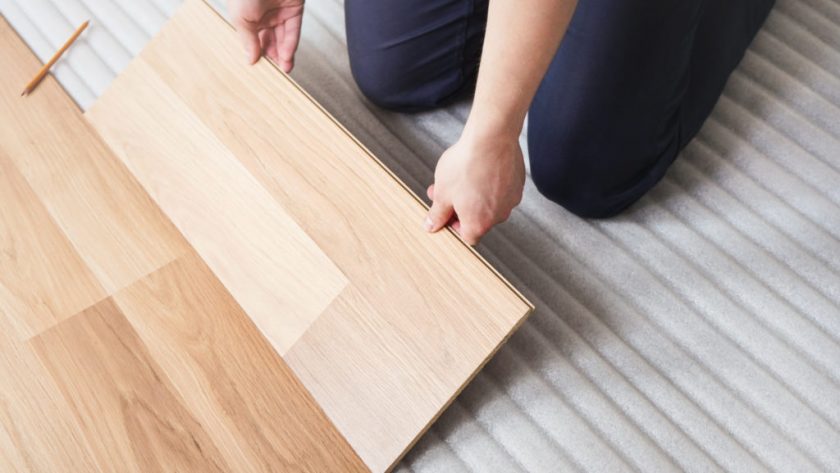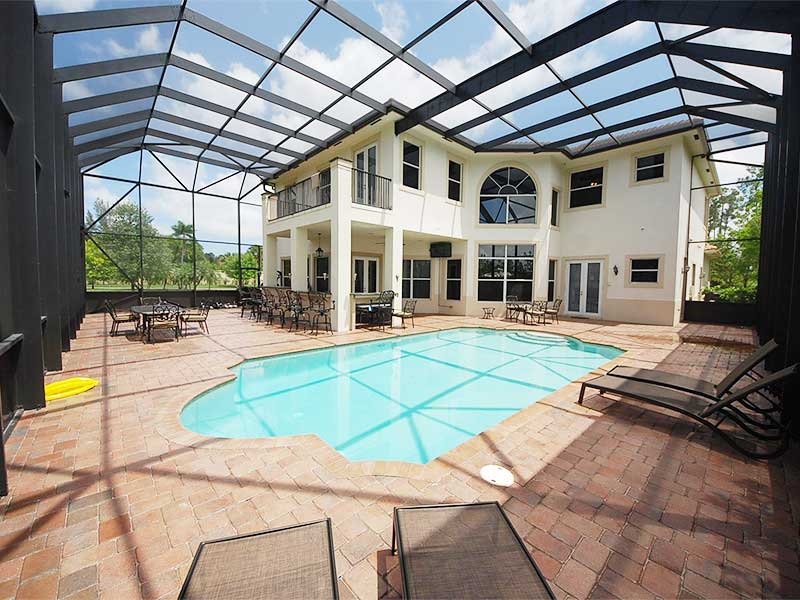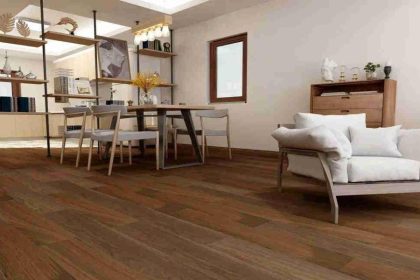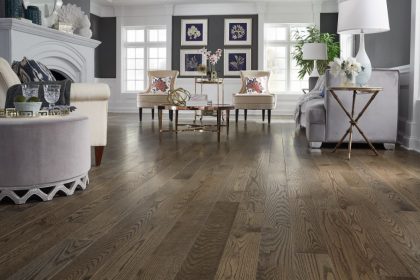Certain areas in your house, such as mudrooms, laundry areas, kitchens, and bathrooms, experience tremendous dampness and moisture. As a result, several issues, like warping and even allergic reactions, begin to appear. However, you can eliminate these problems by installing waterproof flooring in your home. Would you like to know about the advantageous features of waterproof flooring? Read on.
- Long-Lasting Durability
One of the significant reasons for installing waterproof flooring is its long-lasting durability. Unlike other flooring materials, these floors can last for years without needing to be replaced frequently.
- Easy Cleanups
Another reason why many homeowners consider installing waterproof flooring in their homes is that it is very easy to clean. These floors are great at resisting moisture and stains from routine activities. Any spills toppled from drinks or footprints trailing from the bath can be easily wiped clean using a damp cloth. As waterproof flooring resists stains and spills so well, it only requires a gently scrub as regular maintenance. Unlike tile and hardwood flooring, these floors won’t require yearly cleanups.
- Enhances Your Home’s Resale Value
Waterproof flooring can significantly enhance your home’s resale value, mostly for all the benefits given in this blog. Installing these floors even in limited areas of your home can appeal to modern homebuyers. You’ll find waterproof floors with different price tags and styles.
- Moisture-Resistant Features
Last but not least, waterproof flooring possesses tremendous moisture-resistant features. An occasional overflow of the dishwasher, steam and moisture development in the washrooms, or other puddles and splashes occur on a daily basis. If you haven’t installed waterproof flooring in your home, all these issues can lead to warping issues like buckling and cupping. However, these issues destroy the aesthetic appeal of your floors and can also be dangerous to your health. Waterproof flooring significantly reduces the chances of warping and prevents mold growth and mildew spores beneath.
Now that you know how waterproof flooring can be beneficial, you may be wondering to know its popular types. So, let us discuss the two most common types of waterproof flooring.
Common Waterproof Flooring Types
- Vinyl Waterproof Flooring
Vinyl waterproof flooring consists of s rigid waterproof core made of SPC (stone plastic composite) or WPC (wood plastic composite). The two perfect options for waterproof flooring are LVP (luxury vinyl planks) and LVT (luxury vinyl tile). Both LVP and LVP are resilient and have a similar resemblance to stone and hardwoods.
- Waterproof Hardwoods
Another popular type of waterproof flooring is hardwood flooring, which blends the natural beauty of hardwoods with the durability of waterproof flooring. Hydropel(TM) is a type of hardwood flooring that is completely waterproof in nature. It consists of six water protection dimensions to keep the plank’s surfaces safe from water damage. So, you can now install hardwood anywhere you want—basements, kitchens, washrooms!
This is how waterproof flooring can benefit you! If you are looking for a durable and long-lasting flooring solution for your home, no look further than waterproof floors!





